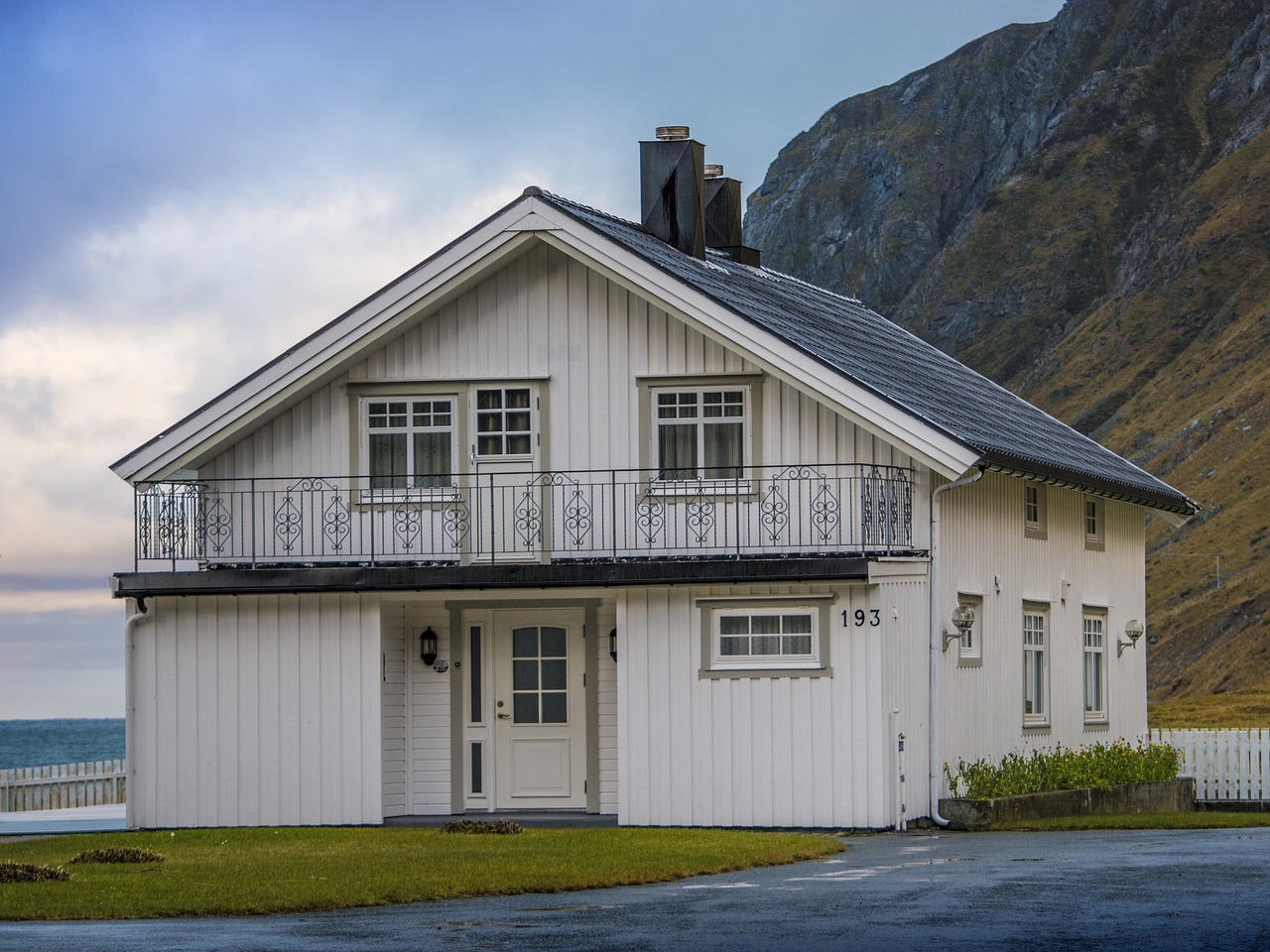The Rise of Accessory Dwelling Units (ADUs): Maximizing Space and Flexibility
There are numerous advantages to constructing Accessory Dwelling Units (ADUs) in residential areas. One significant benefit is the potential for extra income generation for homeowners. By renting out these additional units, homeowners can offset their mortgage or supplement their income. This can be particularly useful in expensive housing markets where rental income can make a substantial difference in financial stability.
Additionally, building ADUs can provide a housing solution for extended family members or aging parents. These units offer a way to provide independent living spaces while still remaining close by for assistance or companionship. This option can be especially valuable for families looking to accommodate multigenerational living situations or maintain a sense of connectedness while offering privacy and autonomy.
Different Types of ADUs to Consider
When considering building an Accessory Dwelling Unit (ADU), it’s important to explore the different types available to find the best fit for your residential property. One popular option is a detached ADU, which is a separate structure from the main house that offers privacy and flexibility. These standalone units can be placed in the backyard or an unused portion of the property, providing a sense of independence for both the homeowners and potential tenants.
Another type of ADU to consider is a converted garage or basement unit. By repurposing existing space within the main house, homeowners can create a cost-effective ADU that seamlessly blends with the original structure. This type of ADU is ideal for properties with limited outdoor space or for those looking to maximize the use of existing square footage. Additionally, converting a garage or basement can be a sustainable option that reduces waste and minimizes the need for new construction.
What are the benefits of building ADUs in residential areas?
Building ADUs in residential areas can provide homeowners with additional rental income, increase property value, provide housing for family members or guests, and help address the shortage of affordable housing.
What are some different types of ADUs to consider?
Some different types of ADUs to consider include detached ADUs, attached ADUs, garage conversions, basement units, and tiny homes.
Are there any restrictions on building ADUs in residential areas?
Yes, there may be restrictions on the size, height, setback requirements, and other zoning regulations that homeowners need to consider when building ADUs in residential areas.
How much does it typically cost to build an ADU?
The cost of building an ADU can vary depending on the type of ADU, size, location, and other factors. It is recommended to consult with a contractor or ADU specialist for a specific cost estimate.





